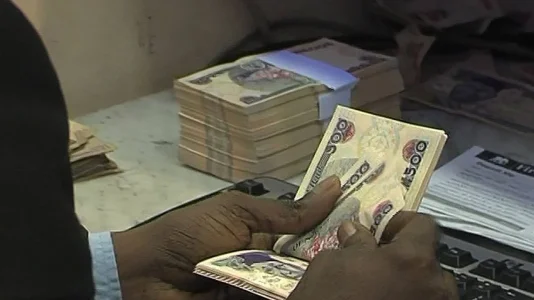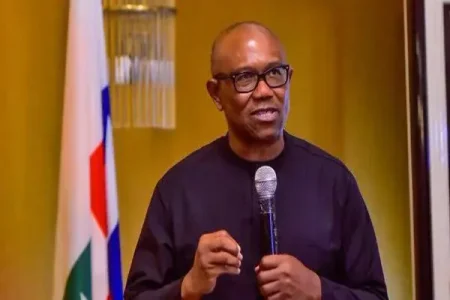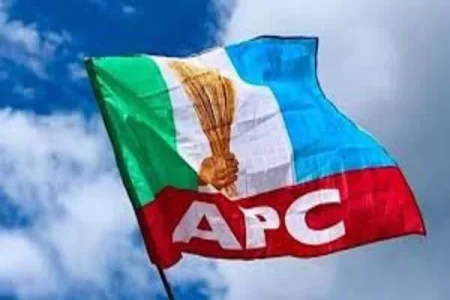
The Federal Government of Nigeria is expanding its Conditional Cash Transfer scheme, aiming to accommodate pensioners and ex-servicemen while removing those who have crossed the poverty line from the beneficiary list. They are also disqualifying individuals without National Identification Numbers (NIN) and Bank Verification Numbers (BVN). Payments will be made directly by the Central Bank of Nigeria, eliminating the need for consultants. The first batch of bulk payments for five million households is set to begin next week.
This initiative is part of the National Social Investment Programme, created to improve the living standards of Nigerians living in extreme poverty and stimulate economic growth. To coincide with the 2023 International Day for the Eradication of Poverty, President Bola Tinubu launched a disbursement of N25,000 to 15 million households for three months as a safety net intervention to counter the impact of recent
fuel subsidy removal and reduce poverty nationwide.
The program's expansion includes pensioners, veterans, and other vulnerable groups not previously covered. Measures are in place to ensure credibility, with NIN and BVN checks and direct transfers to beneficiaries. Dead recipients are being removed from the list, and the final number will be confirmed later. The government's commitment to eradicating poverty aligns with the Renewed Hope Agenda, focusing on food security, economic growth, and job creation.
Investments include purchasing Compressed Natural Gas-powered buses for affordable transportation, cultivating farmland to improve food security, distributing grains, fertilizers, and and seedlings to farmers, and providing grants and loans for market women, farmers, and traders. President Tinubu's goal is to eliminate poverty by 2030, and conditional cash transfers are seen as a way to provide support for basic needs and entrepreneurship.




